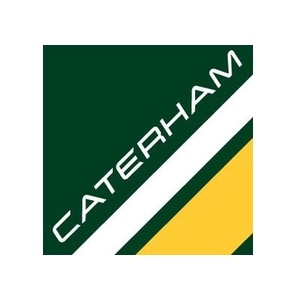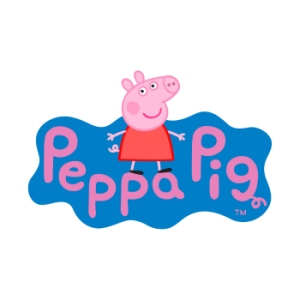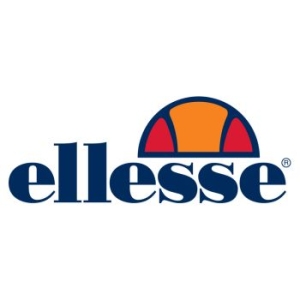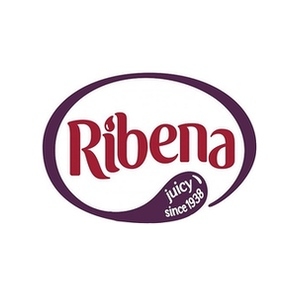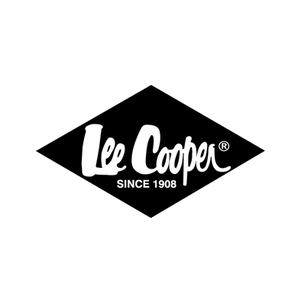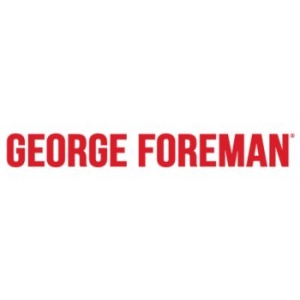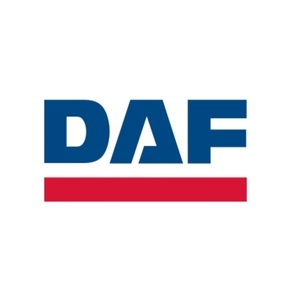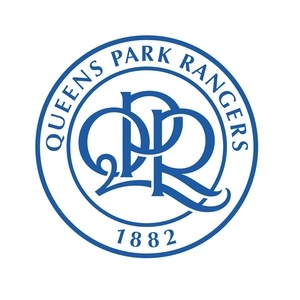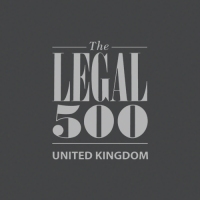Search-a-brandPowered by BRANDSMITHS
Search-a-brand assists you in researching, choosing and building a brand for your company, service or product. Try it out and search with the intended name!

LUV INJECTION CASE STUDY
Author:
Does re-litigating points in the IPEC already decided by the UK IPO amount to an abuse of process?
On 17 June 2020, the Intellectual Property Enterprise Court decided in favour of the Claimant in a dispute between members of the band LOVE INJECTION/ LUV INJECTION concerning passing off and trade marks in relation to the use of the group’s name. The decision discusses whether previous UK IPO proceedings can create estoppel or abuse of process issues for re-litigating points of dispute in the IPEC.
BACKGROUND
LOVE INJECTION were a music group founded in 1986. The Claimant, Ian Thomas, and the Second Defendant, Winston Thomas, were among the members (as well as half-brothers). The group split up in 2016 but a dispute exists over how and in what circumstances this happened.
The Claimant started to perform along with other members under the name “LOVE INJECTION/ LUV INJECTION”. The Second Defendant started to perform along with others under the name “Luv Injection Sound”. The Second Defendant also set up a promotion company called “LUV ONE LUV ALL PROMOTIONS LIMITED” (the First Defendant) to promote LUV INJECTION SOUND.
The dispute arises as both the Claimant and the Second Defendant claim to perform as the original band, and claim the other performs as a new group. The dispute concerns ownership of goodwill in the name of the original band and who has the right to continue to use it.
In 2017, the Second Defendant registered “LOVE INJECTION SOUND” and applied to register “LUV INJECTION SOUND” as trade marks. In 2018, the Claimant opposed the latter application and also sought to invalidate the former registration on the grounds of bad faith and passing off. The Hearing Officer upheld the Claimant’s objections on the basis of the Claimant’s earlier rights of passing off and bad faith and invalidated the registration. Notwithstanding these findings, the Second Defendant has continued to use the marks.
In the present case, the Claimant claims passing off by the Defendants’ continued use of the signs along with use by the Defendants of certain musical records of performances. The Defendants defended the present action by asserting that the Second Defendant is the owner of the goodwill and has the right to continue to use the signs in question as they no longer operate to indicate the band but rather two bands. The Claimant pleads that the Defendants are precluded from raising the points in the Defence for the reasons of cause of action and issue estoppel as well as Henderson v Henderson abuse of process.
CAUSE OF ACTION ESTOPPEL
The Judge found no cause of action estoppel arising from the opposition proceedings “as per L’Oréal, the Second Defendant did not have a cause of action at the stage of opposing registration, and without a cause of action, it follows that no cause of action estoppel could arise from the opposition proceedings to have effect in these proceedings” [48].
The Judge used Lord Sumption’s determination in Virgin Atlantic Airways Ltd v Zodiac Seats UK Ltd [2014] AC 160 as authority: “once a cause of action has been held to exist, that outcome may not be challenged by either party in subsequent proceedings, and it precludes a party from challenging the same cause of action in subsequent proceedings” [50].
The Judge therefore found in the present case “the cause of action in the invalidity proceedings is different to the cause of action in this case. The cause of action in the invalidity proceedings is whether the existing registration is invalid because the Claimant can assert an earlier right to prevent its use by virtue of the law of passing off (section 5(4)(a) of the Act), which is not identical to the current claim of passing off arising from certain acts complained of” [50].
ISSUE ESTOPPEL AND ABUSE OF PROCESS
The Judge found that issue estoppel has arisen from the invalidation proceedings “such that both the Claimant and the Second Defendant are estopped from denying the findings of the Hearing Officer in relation to those proceedings” [63].
The Judge continued that to do so would be “an abuse of process: these were matters which were fully litigated before the Hearing Officer, who heard four witnesses for each side; the parties had the opportunity to cross-examine each witness; the Hearing Officer gave a written judgment setting out his findings and there has been no attempt to appeal it; there should be finality in litigation; neither the court nor the parties should be vexed with rehearing matters that have been heard and determined by a tribunal of competent jurisdiction” [63].
Therefore, both parties are bound by the findings of the Hearing Officer. The question which was not determined by the Hearing Officer and remains in issue is “the ownership of the goodwill after the Split” [66].
SUMMARY JUDGMENT
The Judge was satisfied that the Defendants have no real prospect of defending against the claim for cancellation of the mark “LOVE INJECTION SOUND” and therefore gave summary judgment on this point [70].
The Judge also found the Defendants have no real prospect of succeeding on the point of misrepresentation of the signs “LUV INJECTION” or the logo form of the same, as it was finally decided in the invalidation case that use of LOVE INJECTION SOUND would be such a misrepresentation [71].
LOOKING FORWARD
This decision discusses the interaction between opposition proceedings brought before the UK IPO and later proceedings brought in the IPEC over the same mark.
The Court of Appeal has previously determined in Special Effects that a party would not be prevented from arguing a previously unsuccessful Defence raised before the UK IPO in opposition proceedings, but it might be an abuse of process. The present judgment confirms that it would be an abuse of process to re-litigate points already decided by the UK IPO.
Brandsmiths is a trading name of Brandsmiths S.L. Limited which is authorised by the Solicitors Regulatory Authority, SRA No: 620298. Founding Partner: Adam Morallee
Privacy and Cookie Policy | Terms and Conditions | Complaint Procedure | Site by: Elate Global




